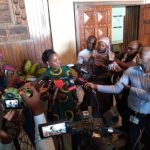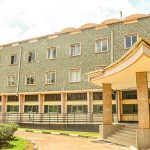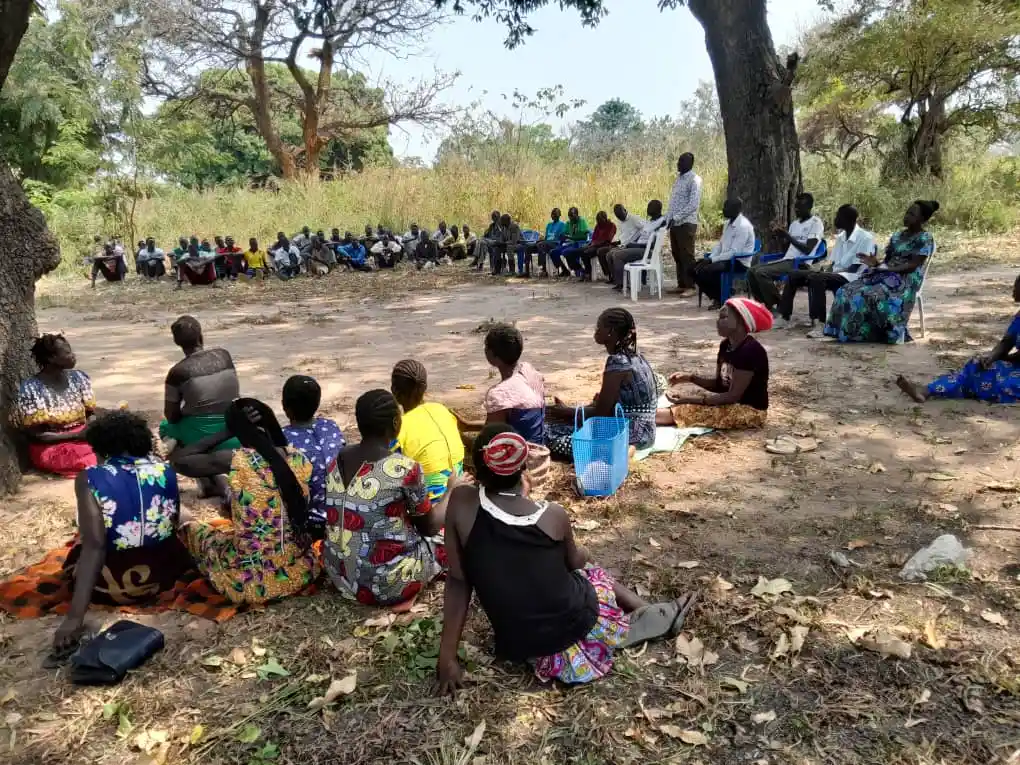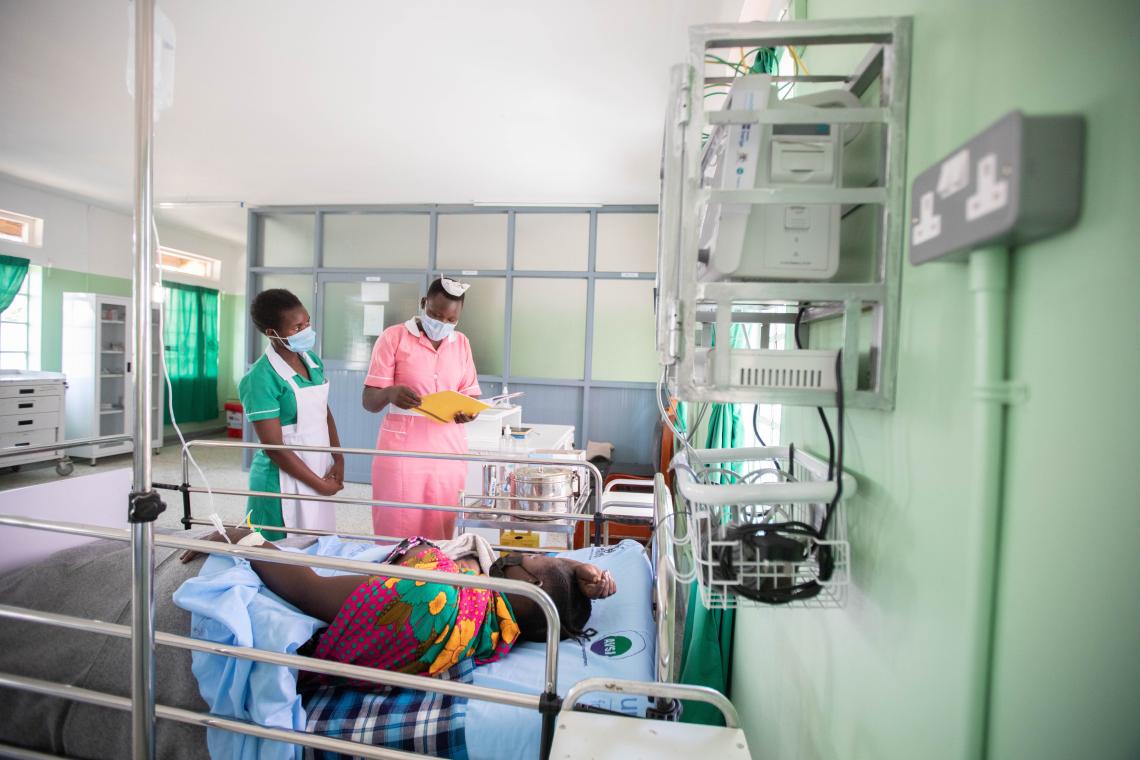Concerns over land ownership in the Acholi Sub Region have surfaced once again, triggering apprehensions among locals in Northern Uganda. The region, characterized by several land disputes, has come under scrutiny following a report by the Lands ministry. This report outlines the allocation of land titles, both under leasehold and freehold arrangements, totaling over 158,100 hectares.
Questions have begun to emerge regarding the transfer of more than 45,000 hectares of government owned land to private individuals across the Acholi Sub-region. The report highlights the issuance of land titles on government land, with 213 titles covering approximately 158,175.98 hectares, out of which 113 titles (45,244.53 hectares) are under freehold ownership, and 100 titles (112,913.45 hectares) are under leasehold ownership.
According to Prof Jack Nyeko Penmogi, the acting chairman of the Uganda Land Commission (ULC), the law explicitly prohibits individuals from owning public land under freehold arrangement. He emphasizes that such titles will be revoked once details are secured, reiterating that ownership on public land is only permissible under leasehold arrangements, subject to renewals upon expiration.
A breakdown of the land titles reveals that Gulu District holds the highest number of titles, with 106 out of the 213 titles. Conversely, Agago District has the lowest number, with only five titles. Notably, discrepancies in land ownership are evident across districts, with variations in the number of freehold and leasehold titles.
Amidst these challenges, concerns have been raised by Mr. Otinga Otto Atuka, the Acholi chiefdom deputy paramount chief, regarding threats from the National Forestry Authority (NFA) and the National Environment Management Authority (Nema). He highlights instances where individuals have laid claim to forest reserves, which were initially gazetted by the colonial government.
In response to the escalating land disputes, the Lands ministry has initiated a mass registration of customary land. This move aims to address the rampant conflicts over land ownership while deterring foreign land grabbers. Prof Penmogi asserts that this initiative will facilitate proper land registry and expedite industrial development in the region, thereby mitigating land disputes.
Furthermore, concerns arise over massive encroachment on former public land by illegal settlers, particularly Balaalo herdsmen. A report recommends the eviction of these illegal settlers and a revision of land lease agreements to ensure fair compensation for locals. It also underscores the need for enhanced security measures to address the security risks posed by illegal settlements.
Despite efforts to resolve land ownership disputes, legal challenges persist. A petition in 2019 challenged the constitutionality of land boards administering land titles on public and customary lands. The court ruling emphasized the need to uphold citizens’ proprietary rights over land, particularly in customary tenure areas.
In light of these developments, the Lands ministry pledges to conduct inquiries into individuals holding freehold titles on government land. It underscores the importance of adhering to leasehold agreements, emphasizing that land on public land can only be owned under leasehold arrangements.




















